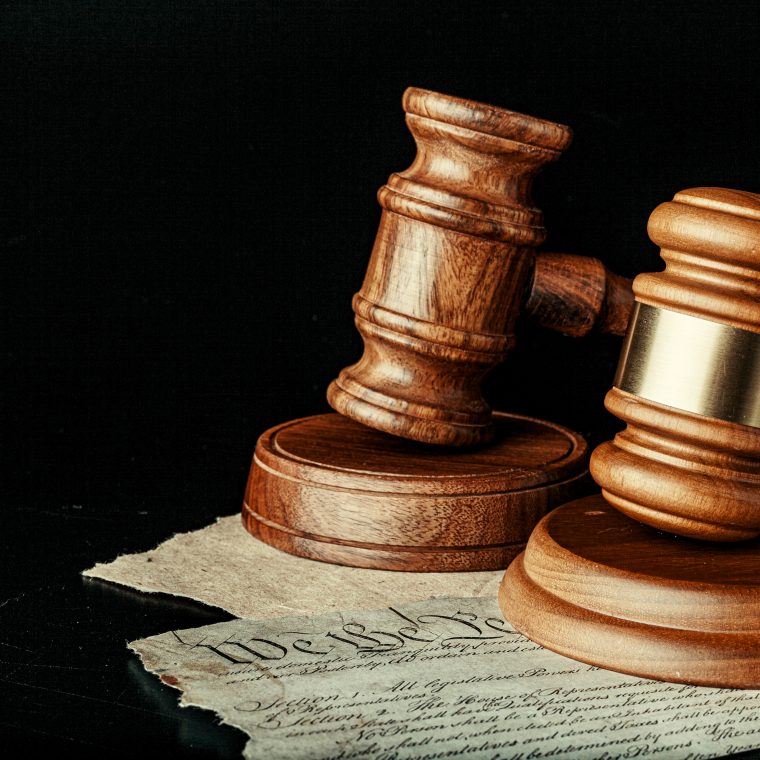Knowing how to settle your legal fees is vital when facing criminal charges. Besides, navigating the complex Canadian system can be costly. This is why you need to understand how to secure your legal representation. There are several common ways to finance your criminal defence that can help you fight your legal trouble. Setting up your legal defence fees hinges on the timing and the structure of your legal fee bills.

What does an initial consultation entail?
The initial consultation comes before the legal representation agreement. This is a preliminary meeting where the defendant meets the reliable defence counsel to discuss the case. During this consultation stage, the defendant meets the lawyer and gauges their expertise and compatibility. Also, the defendant can ask about the legal cost of representation.
Retainer fees
A retainer fee is the amount you pay to secure legal representation. This is an upfront payment a defender makes to the lawyer as a form of commitment to retain the legal services. The retainer amount varies significantly depending on the complexity of the case, regional legal norms, and the lawyer’s experience.
Hourly billing
Some criminal lawyers charge hourly billings for services. In the arrangement, they charge defendants for the effort and time spent representing them on the case. Hourly rates differ depending on the case and experience. Complex cases cost more.
As a defendant, you get a detailed invoice throughout your legal proceeding. The invoices outline the talks your lawyer is performing and their associated billable hours.
Flat fees
Alternatively, you can ask for flat fees. Some lawyers offer this type of arrangement for legal services. A flat fee covers the amount a defendant pays for legal representation for a particular scope.
The payment structure gives the defendant clarity and predictability because they know their total cost for the legal services. A flat fee covers the whole legal representation process until the completion of the case. The fee is constant regardless of how long the case takes or how much effort the lawyer uses.
Contingency fees
Some defendants prefer contingency fee agreements. If the lawyer wins the case they receive payment. Your lawyer pockets a certain percentage of the settlement.
The burden here is on the lawyer to win the case and get a percentage of the settlement the court awards to the defendant. In short, the defendant and lawyer share the risks and rewards of the litigation.
Payment plans
The general understanding of payment plans is to give defendants a fighting chance in court, even with financial constraints. As a defendant, you can access legal experts and pay your legal fees in installments for a certain period. It eases the financial burden that comes with legal fees.
Most importantly, payment plans accommodate budget problems and ensure the defendant gets legal representation without straining financially.
Additional disbursements and costs
As a defendant, you may pay extra costs throughout your legal proceeding. These additional expenses include court filing fees, photocopying charges, expert witness costs, and incidental fees arising while pursuing the case.
As a defendant, discuss these additional costs with your lawyer. It helps to know your financial obligations.
Negotiating legal fees
Legal fees are subject to negotiation. However, approach the discussion with transparency, even while advocating for fair terms. It is good to acknowledge the value and expertise your lawyer provides and come to reasonable terms. Open communication with your lawyer and get clarification on the fee structures. This empowers you, as the defendant, to go through the legal process with clarity and confidence.
Conclusion
The goal of knowing legal fees is to get transparency on how much you pay when you do. Defendants should choose a comfortable payment plan. Remember, your lawyer ensures you have equal access to justice. You can opt for tailored payment solutions. Contact leading criminal lawyer to kick-start your legal journey.
